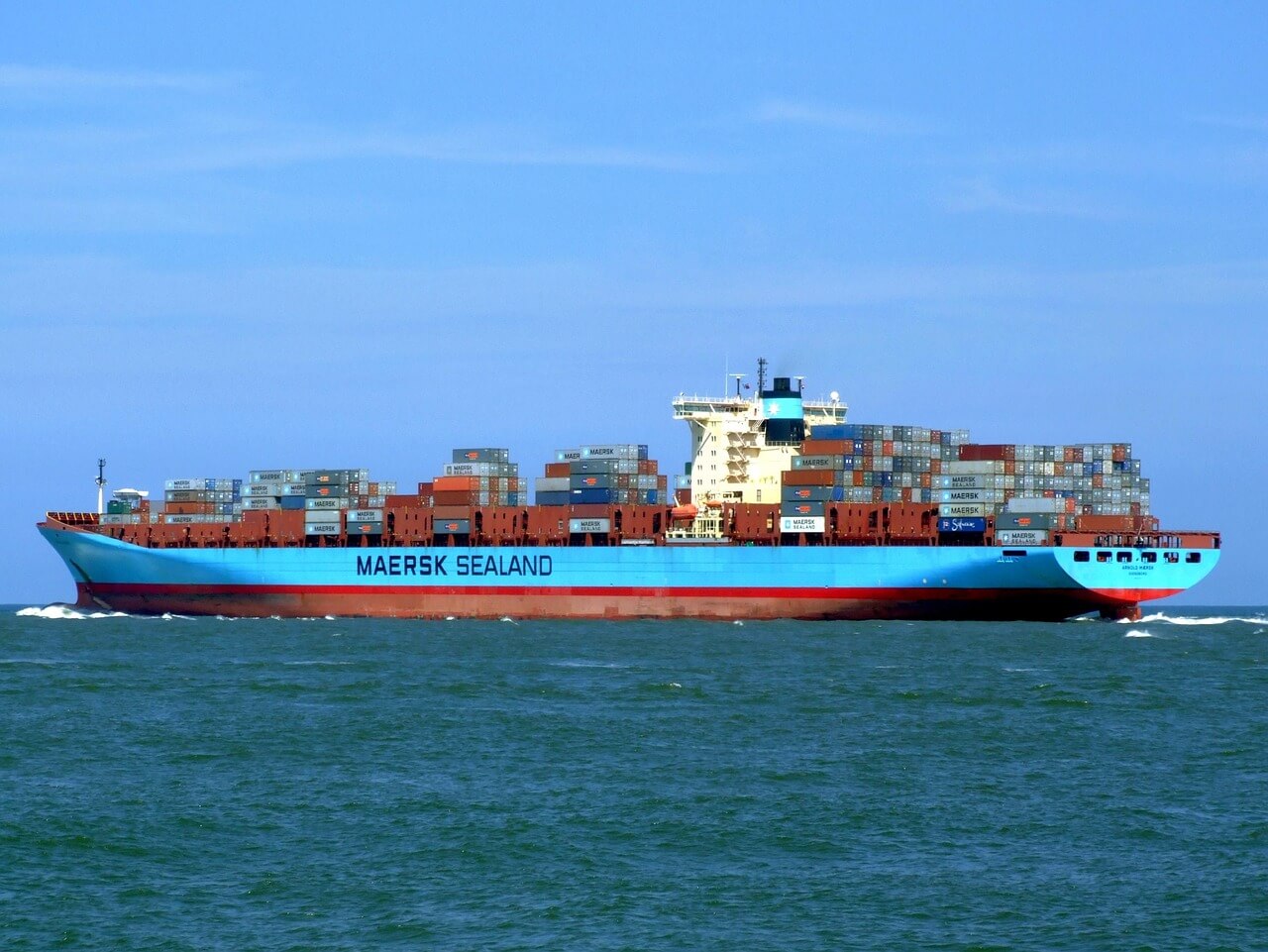
28
Apr
International freight forwarding import and export to Qatar, interpretation of express shipping fee
解读国际货运代理商在卡塔尔进出口的速运费用标准
Freight forwarding is an essential part of international trade, and for businesses exporting or importing to Qatar, it is crucial to understand the fees and costs associated with the transport of goods. As an international freight forwarder, we strive to offer competitive pricing and transparency in our services, including the cost of express delivery. Here is an overview of the speed delivery fee standards for imports and exports to Qatar.
1. Basic Freight Charges: The fundamental cost of transporting goods to or from Qatar depends on several factors such as distance, size of the shipment, and the type of cargo. Standard freight charges encompass the cost of loading, unloading, handling, and secure storage until further transportation becomes possible.
2. Customs Clearance Fees: As part of the import/export process, customs clearance is necessary. The freight forwarder will charge a fee for handling customs clearance procedures, which includes submitting necessary documents, paying customs duties, and ensuring smooth clearance.
3. Express Delivery Fees: For time-sensitive shipments, express delivery services are offered by international freight forwarders. The fees for these services depend on the speed of delivery (e.g., overnight, 2-day delivery), as well as the weight and distance of the shipment. These services often provide tracking and guaranteed delivery times.
4. Additional Services Fees: Additional services like packaging, insurance, warehousing, and cargo handling are often charged separately based on the requirements of the shipment. These fees are additional to the basic freight charges and are tailored to specific needs of each shipment.
5. Currency Conversion Fees: When dealing with international transactions, currency conversion fees may be applied due to fluctuations in exchange rates. These fees are typically a small percentage of the total cost and are necessary for converting currencies during payment and settlement processes.
It is important to note that while these are standard fee structures, actual costs may vary depending on several factors such as market conditions, individual carrier policies, and any specific agreements between the shipper and the freight forwarder. To get an accurate quote for your shipment, it is recommended to contact your freight forwarder directly with details about your shipment to receive a customized quote.
In conclusion, understanding the fee structure of international freight forwarding services is crucial for businesses importing or exporting to Qatar. By considering all costs associated with transportation, customs clearance, express delivery, additional services, and currency conversion fees, businesses can plan their budgets and ensure smooth operations in international trade.
Freight forwarding is an essential part of international trade, and for businesses exporting or importing to Qatar, it is crucial to understand the fees and costs associated with the transport of goods. As an international freight forwarder, we strive to offer competitive pricing and transparency in our services, including the cost of express delivery. Here is an overview of the speed delivery fee standards for imports and exports to Qatar.
1. Basic Freight Charges: The fundamental cost of transporting goods to or from Qatar depends on several factors such as distance, size of the shipment, and the type of cargo. Standard freight charges encompass the cost of loading, unloading, handling, and secure storage until further transportation becomes possible.
2. Customs Clearance Fees: As part of the import/export process, customs clearance is necessary. The freight forwarder will charge a fee for handling customs clearance procedures, which includes submitting necessary documents, paying customs duties, and ensuring smooth clearance.
3. Express Delivery Fees: For time-sensitive shipments, express delivery services are offered by international freight forwarders. The fees for these services depend on the speed of delivery (e.g., overnight, 2-day delivery), as well as the weight and distance of the shipment. These services often provide tracking and guaranteed delivery times.
4. Additional Services Fees: Additional services like packaging, insurance, warehousing, and cargo handling are often charged separately based on the requirements of the shipment. These fees are additional to the basic freight charges and are tailored to specific needs of each shipment.
5. Currency Conversion Fees: When dealing with international transactions, currency conversion fees may be applied due to fluctuations in exchange rates. These fees are typically a small percentage of the total cost and are necessary for converting currencies during payment and settlement processes.
It is important to note that while these are standard fee structures, actual costs may vary depending on several factors such as market conditions, individual carrier policies, and any specific agreements between the shipper and the freight forwarder. To get an accurate quote for your shipment, it is recommended to contact your freight forwarder directly with details about your shipment to receive a customized quote.
In conclusion, understanding the fee structure of international freight forwarding services is crucial for businesses importing or exporting to Qatar. By considering all costs associated with transportation, customs clearance, express delivery, additional services, and currency conversion fees, businesses can plan their budgets and ensure smooth operations in international trade.
LEAVE YOUR COMMENT
categories
recentpost
-
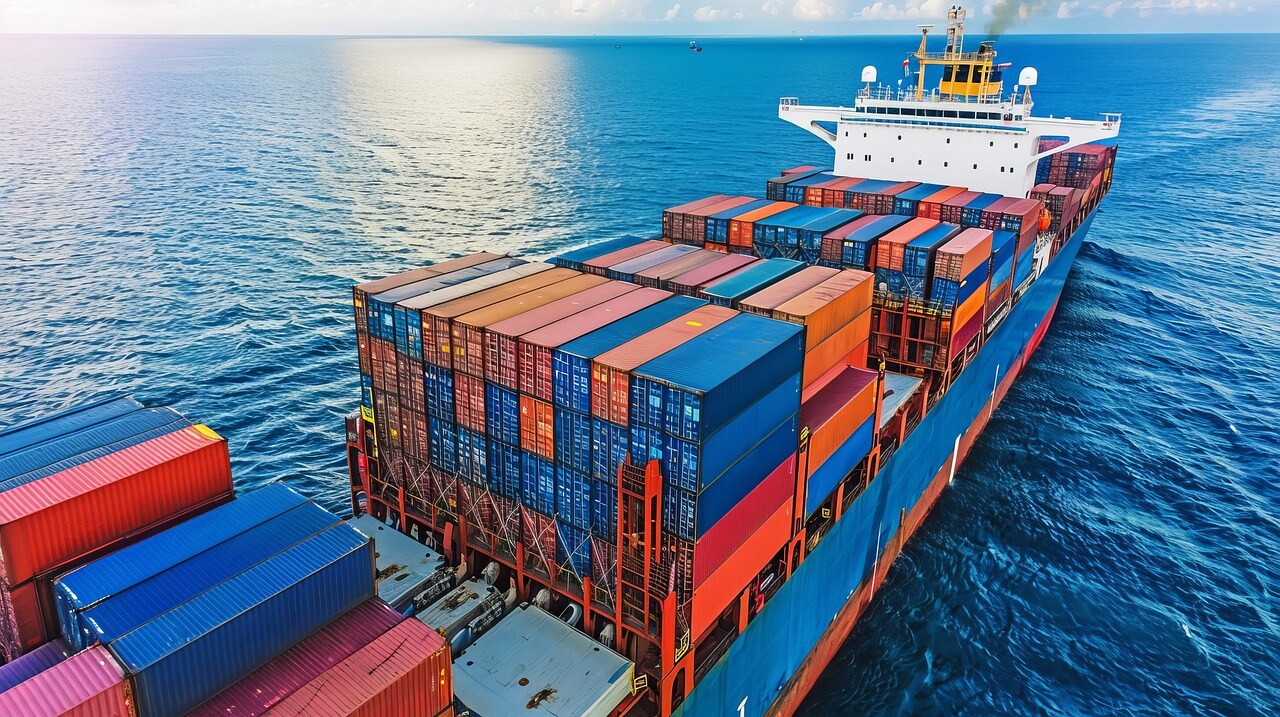 How can freight forwarders achieve efficient logistics and shipping from China to Tanzania?Apr 30,2025
How can freight forwarders achieve efficient logistics and shipping from China to Tanzania?Apr 30,2025 -
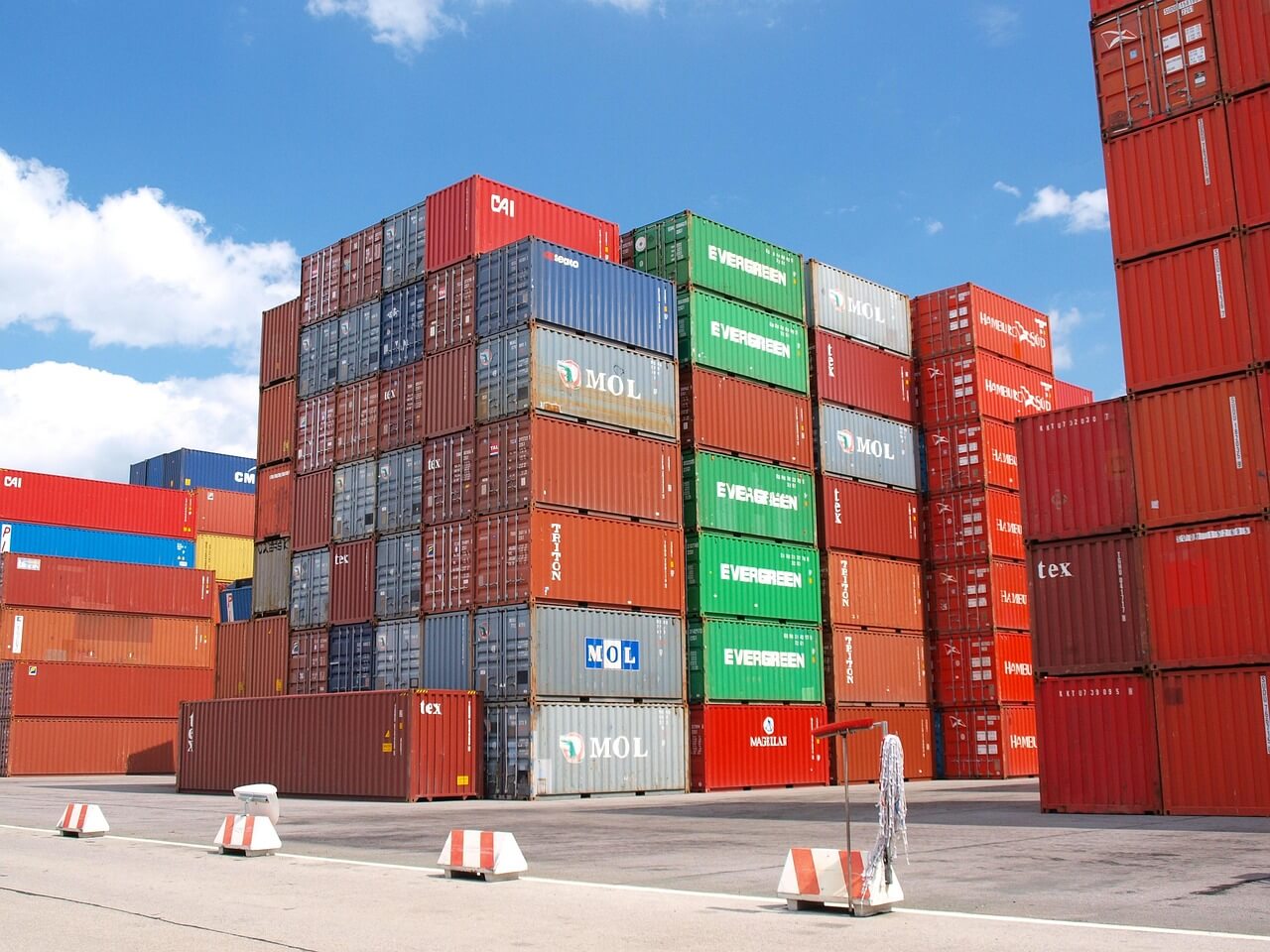 What are the guarantee measures for transportation and transaction services from China to the UnitedApr 30,2025
What are the guarantee measures for transportation and transaction services from China to the UnitedApr 30,2025 -
 How is the international freight delivery service for transporting goods to Saudi Arabia?Apr 30,2025
How is the international freight delivery service for transporting goods to Saudi Arabia?Apr 30,2025 -
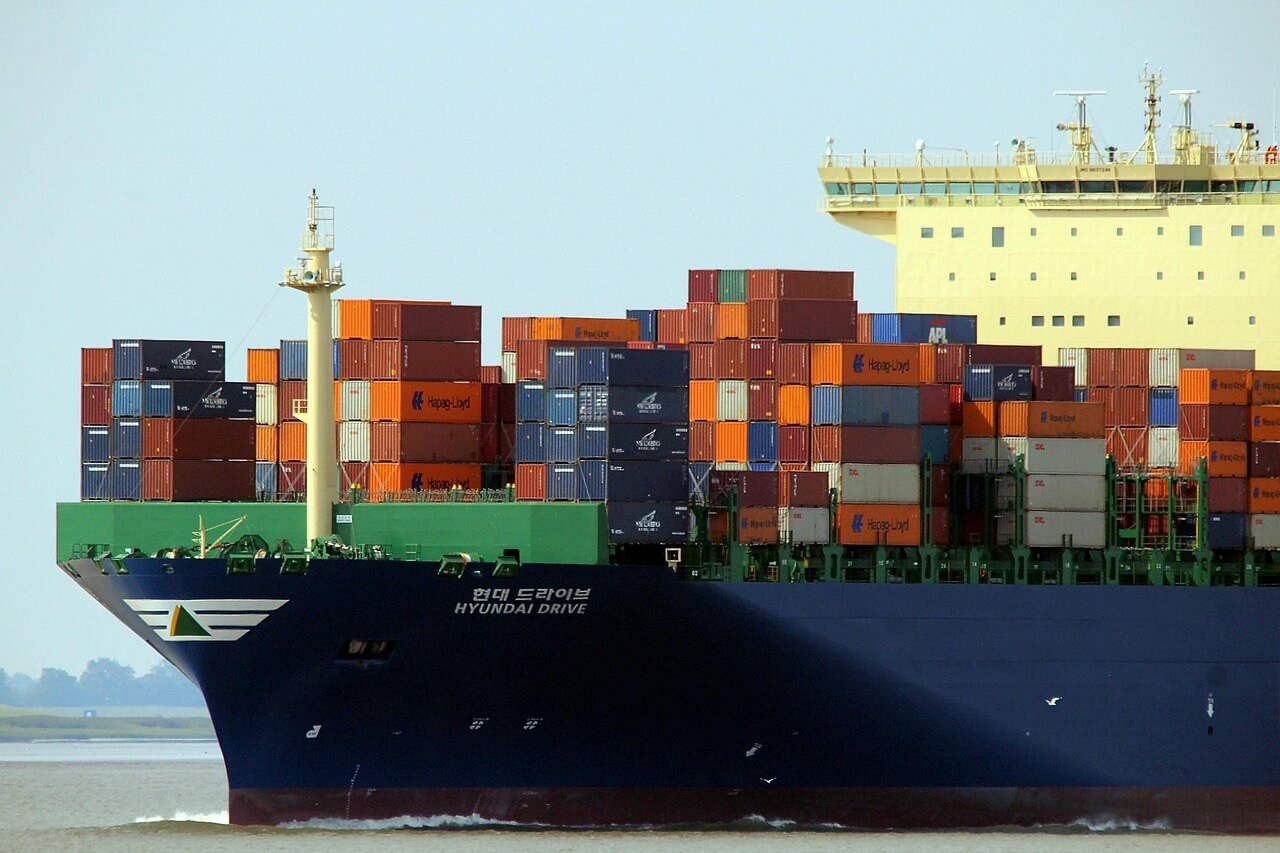 What is the delivery time for international freight from China to Kenya?Apr 30,2025
What is the delivery time for international freight from China to Kenya?Apr 30,2025 -
 What is the customs clearance process for global land transportation from China to the United Arab EApr 30,2025
What is the customs clearance process for global land transportation from China to the United Arab EApr 30,2025 -
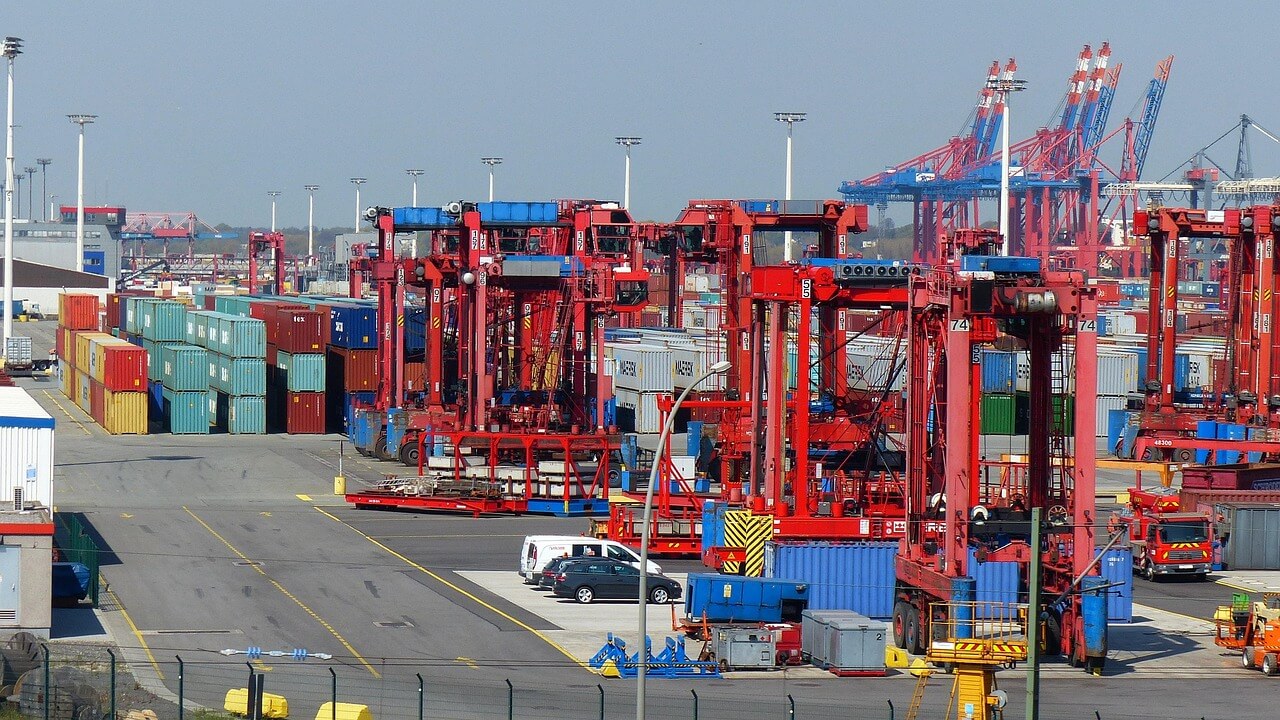 Shipping Guide from China to Qatar: How to Calculate LCL Shipping Cost?Apr 30,2025
Shipping Guide from China to Qatar: How to Calculate LCL Shipping Cost?Apr 30,2025

